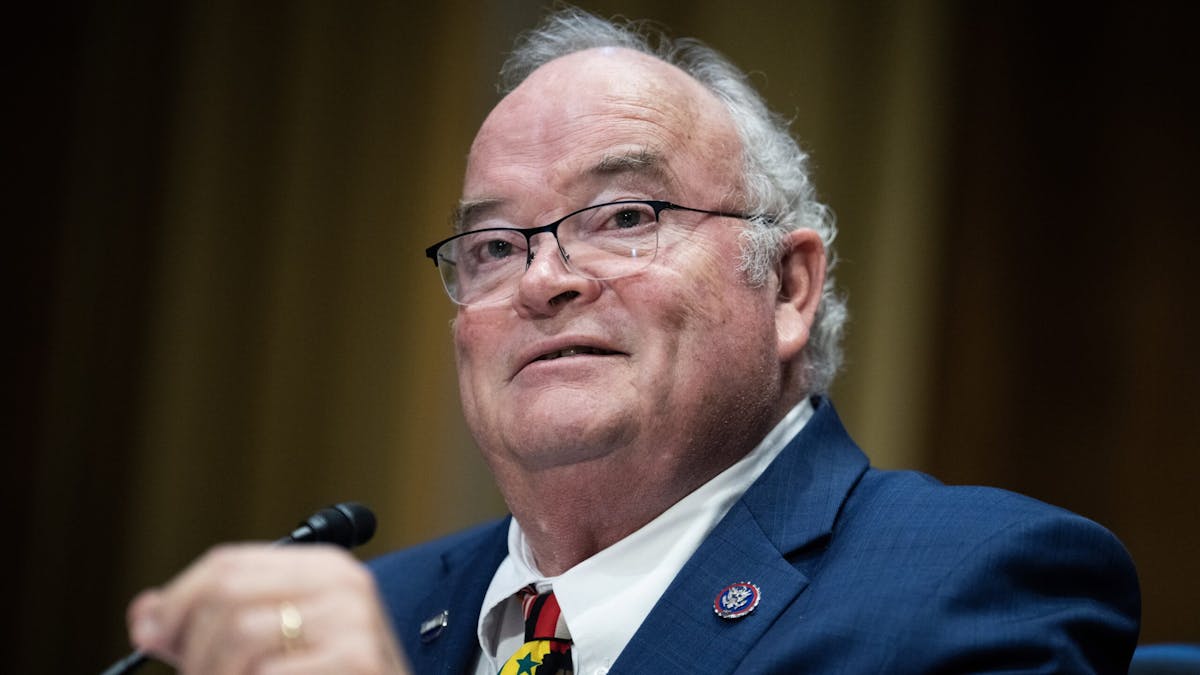Billy Long Confirmed as IRS Commissioner Amid Controversy and Staffing Cuts
Billy Long, a former Missouri Republican Rep., has been confirmed as IRS commissioner by the Senate, facing scrutiny over his past and agency challenges.
Subscribe to unlock this story
We really don't like cutting you off, but you've reached your monthly limit. At just $5/month, subscriptions are how we keep this project going. Start your free 7-day trial today!
Get StartedHave an account? Sign in
Overview
- Billy Long was confirmed as the IRS commissioner by the Senate with a 53-44 vote, primarily along party lines.
- Previously, Long sought to abolish the IRS during his tenure as a congressman, raising concerns about his new role.
- The IRS has struggled without a confirmed leader for a long time, having four acting leaders before Long's confirmation.
- Democrats have called for a criminal investigation into Long's alleged connections to tax credit loopholes.
- The IRS is facing significant staffing cuts, impacting its operations as Long steps in to lead the agency.
Report issue

Read both sides in 5 minutes each day
Analysis
Emphasizes the IRS's prolonged lack of leadership and calls for investigation into Long's connections.
Articles (4)
Center (1)
FAQ
Democrats opposed Billy Long's confirmation due to his ties to companies promoting what the Treasury Department called non-existent tribal tax credits, his advocacy for the controversial Employee Retention Credit program, and concerns about potential political interference from the White House under President Trump, fearing politicization of the IRS.
Thousands of IRS workers have left the agency this year, with more reductions planned. These staffing cuts have contributed to significant upheaval and operational challenges at the IRS as Long takes over.[1]
Before Long’s confirmation, the IRS had no confirmed leader for an extended period and had been led by four acting commissioners. Lack of stable leadership contributed to ongoing turmoil and instability within the agency.[2]
Concerns focus on how Long’s previous advocacy to abolish the IRS, and his lack of extensive tax expertise and management experience, might influence his ability or willingness to effectively lead and reform the agency.[1]
The Treasury Department has pushed for improved IRS technology and increased reliance on artificial intelligence to enhance tax compliance. This shift is seen as a way to address both staffing shortages and enforcement challenges, though it raises questions about privacy, fairness, and the efficacy of automated systems.[1]
History
- This story does not have any previous versions.


